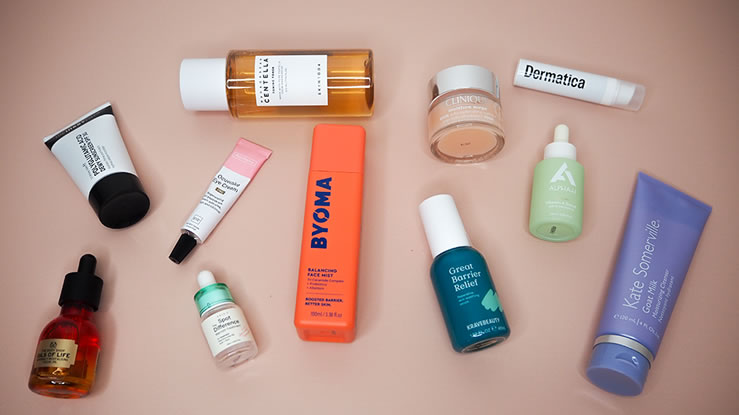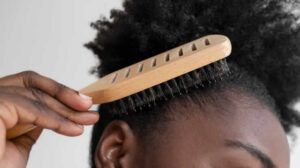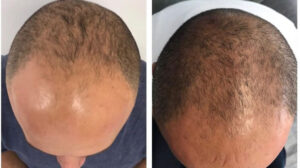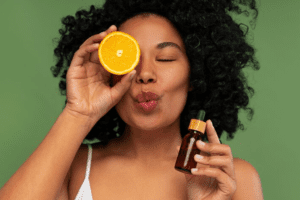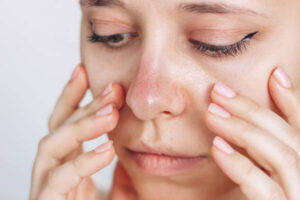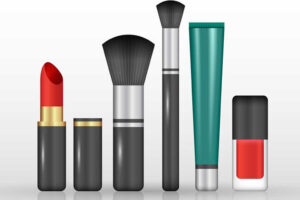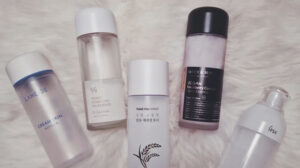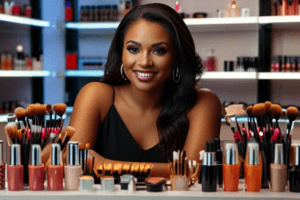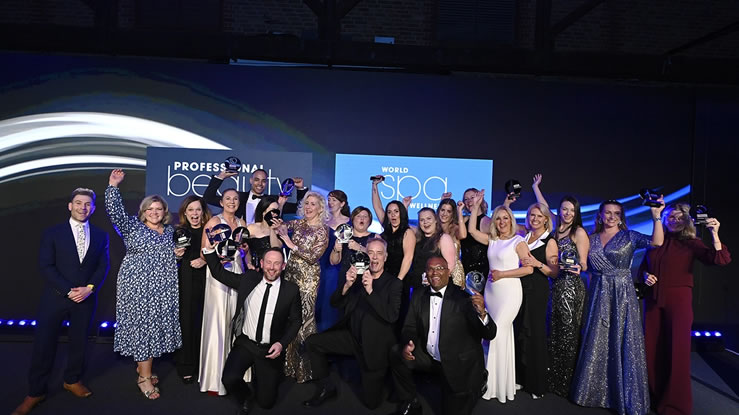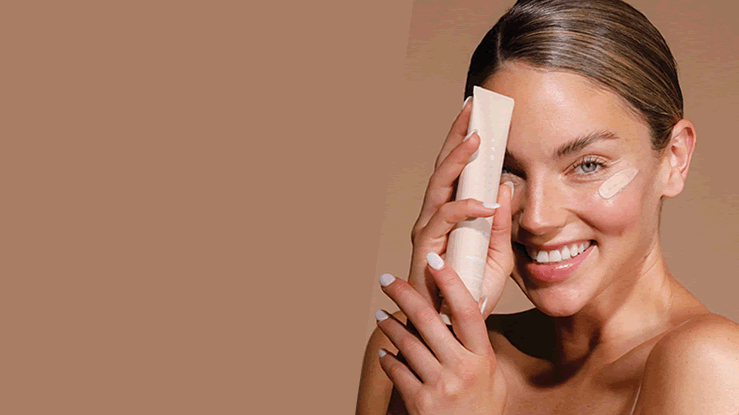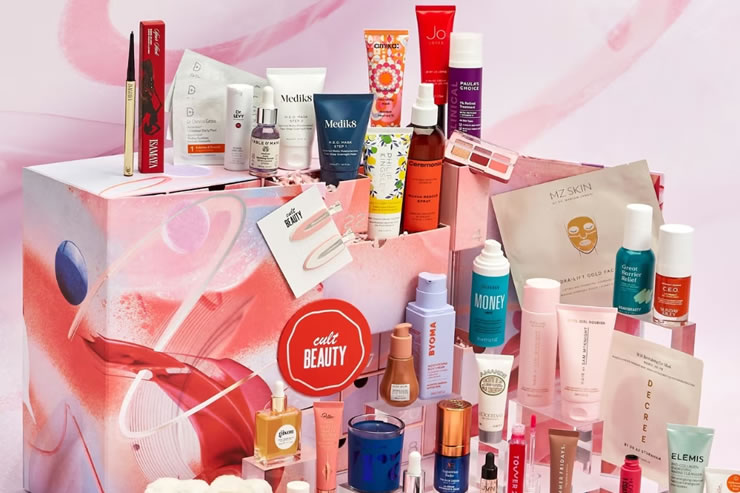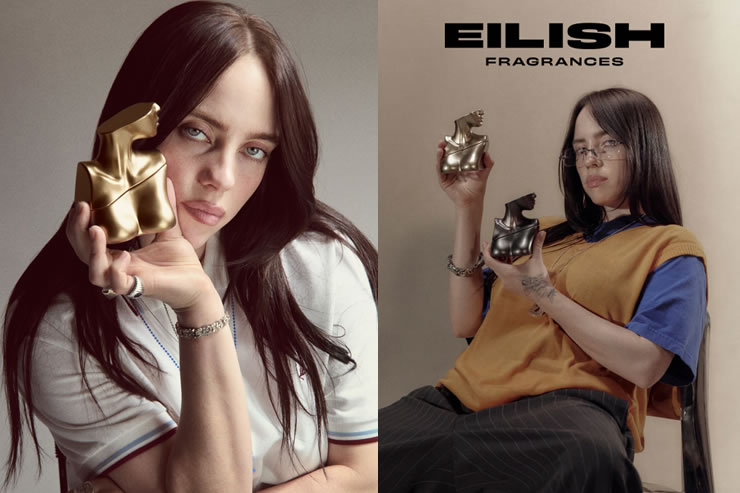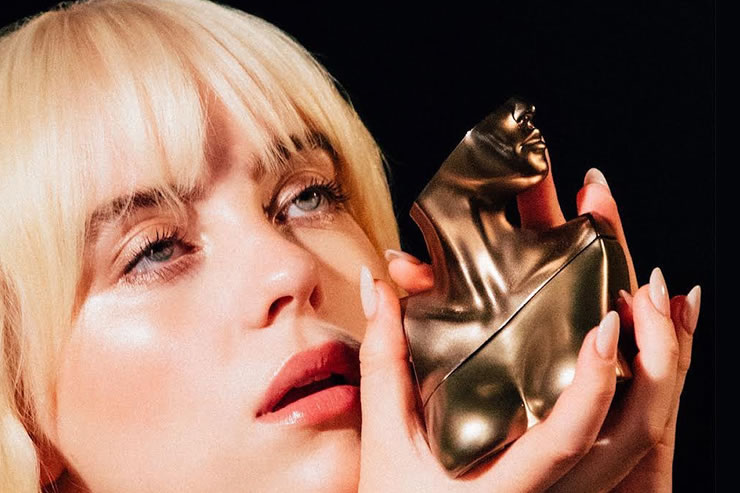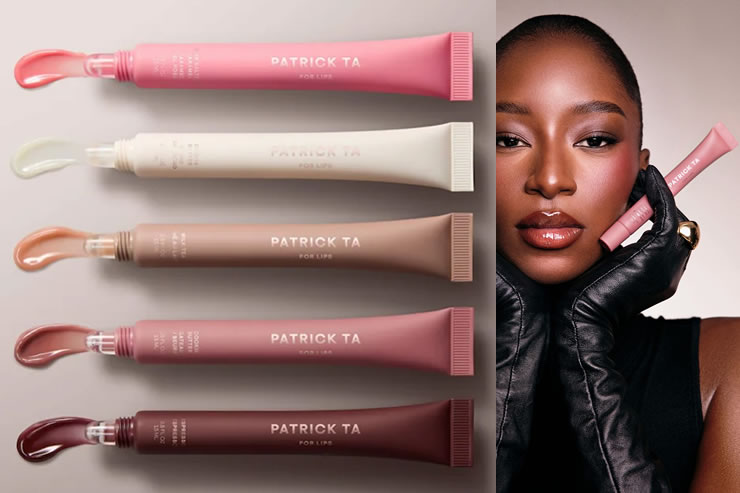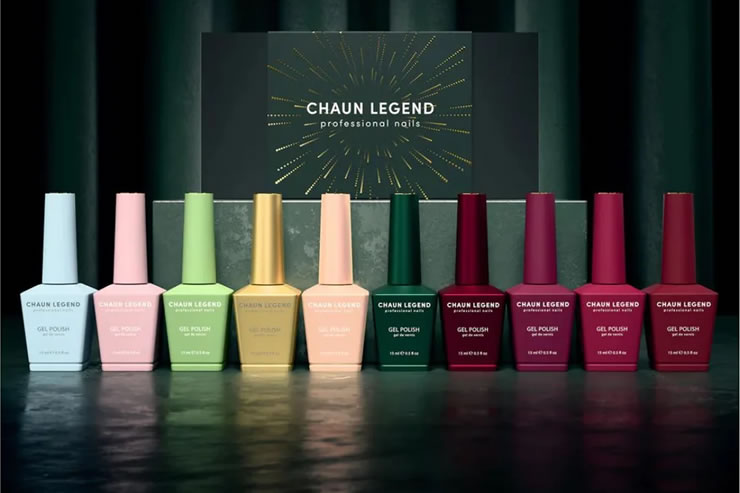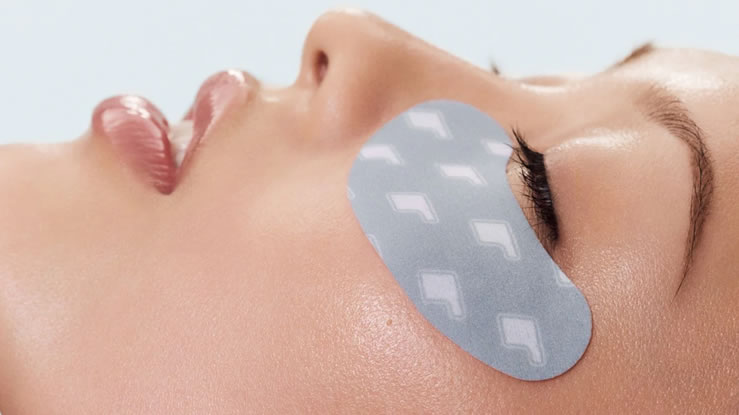Skincare is a world of countless choices. From serums to moisturizers to prescription treatments, the options can be overwhelming. Many people wonder which skincare products truly matters the most. While every product has its role, some stand out as essentials because of how they protect and improve skin health. Community discussions reveal that certain products appear again and again in people’s routines. Sunscreen, retinoids, and targeted treatments often make the biggest difference.
This article looks at the products most often called “must haves” by people who have seen real results. It highlights sunscreen, retinoids like tretinoin, hydration products such as hyaluronic acid, and specialty treatments for conditions like acne or redness.
Sunscreen: The Non-Negotiable Essential
If there is one skincare product most experts agree on, it is sunscreen. Reviewers often call it their “holy grail.” Products like Elta MD UV Clear SPF 45 or Skin Aqua UV Super Moisture Milk SPF 50 are named repeatedly as lifesavers.
Sunscreen protects against UV damage, which causes premature aging and increases the risk of skin cancer. It also prevents dark spots and reduces flare-ups of conditions like rosacea. Many users stress how finding the right sunscreen texture makes daily use easier. For example, some prefer lightweight moisturizers with SPF, like Cerave Ultra Light SPF 30, since it combines two steps in one.
Without sunscreen, other treatments cannot deliver their full benefit. Retinoids and vitamin C serums improve texture and brightness, but without daily SPF, the gains can fade quickly. This makes sunscreen the single most important product in any skincare routine.
Read Also>>>Top 10 Anti-Aging Skincare Products in 2025
Retinoids: The Gold Standard for Anti-Aging
After sunscreen, retinoids like tretinoin often top the list of essentials. Users report dramatic changes in acne, texture, and fine lines. One person described their Curology prescription containing tretinoin, clindamycin, and azelaic acid as life changing, keeping them breakout-free for years. Another highlighted how Altreno, a form of tretinoin with added hydration, gave results without the dryness.
Retinoids speed up skin cell turnover, unclog pores, and stimulate collagen production. These effects make them powerful for both acne control and aging concerns. While results take time, consistent use leads to smoother and clearer skin.
The downside is irritation, which some experience in the early stages. Starting with lower strengths, like 0.025 percent, often helps. Pairing retinoids with gentle moisturizers such as Dr Jart Ceramidin cream or Skinfix barrier cream also reduces side effects.
Hyaluronic Acid and Hydration
For many people, hydration products are just as important. Hyaluronic acid serums often get praise for plumping the skin and keeping it smooth. One reviewer mentioned Piping Rock hyaluronic acid serum as the best they had ever tried at an affordable price.
Hydration supports the skin barrier, making it more resilient. Dryness can worsen acne, increase redness, and make fine lines appear deeper. Products like Hada Labo milky lotion toner are loved because they provide hydration while remaining lightweight.
Moisturizers also hold a key place in routines. From Cerave’s light formulas to Dr Jart Ceramidin, the right cream keeps skin balanced and comfortable. For those with sensitive skin, moisturizers rich in ceramides and glycerin protect against irritation.
Prescription Solutions for Acne
Acne often requires more targeted products, and prescription options are frequently mentioned as game changers. Spironolactone, an oral medication, is described by users as the “only solution” for stubborn hormonal acne. Many celebrate its ability to control breakouts that resisted other treatments.
Tretinoin also plays a strong role in acne management. For those who cannot tolerate it, alternatives like Arazlo, a topical retinoid, provide results with less dryness. Some add azelaic acid to reduce inflammation and discoloration from past breakouts.
While these treatments require medical guidance, they highlight how important prescription care can be for long-term skin health. Over the counter products can support results, but medications often bring the breakthrough.
Targeted Treatments for Redness and Texture
Not all concerns are about acne or aging. Redness, sensitivity, and uneven tone are also common issues. The I’m From Mugwort Essence is often described as the only product that reduces redness effectively. Some even use the herb directly as tea or toner, showing how natural remedies still find a place in modern routines.
For uneven skin tone, products like SkinBetter Science Even Tone Serum or Skinceuticals Phloretin CF vitamin C serum are praised. These help fade dark spots from sun exposure and post-inflammatory hyperpigmentation. Reviewers share before and after results showing fewer marks and a more even complexion.
Other treatments, like Sunday Riley Good Genes, receive attention for improving glow and smoothing texture. Despite the high price, some users continue buying it because their skin responds so well.
Cleansers as the Foundation
Though cleansers may seem basic, they play a big role in keeping skin balanced. Many people highlight favorites like Bioderma micellar water for lazy mornings or Stratia Velvet Cleansing Milk for gentle daily use. Double cleansing in the evening, often with oil cleansers like Deviant Skincare Cleansing Concentrate, helps remove makeup and sunscreen fully.
Without proper cleansing, other products cannot absorb as effectively. While not always viewed as the most important step, cleansing is the base that allows the rest of the routine to work.
The Role of Professional Treatments
Some users credit in-office treatments as the real turning point in their skin journey. Laser hair removal is mentioned as the only solution for decades of razor burn and folliculitis. Professional procedures often address issues topical products cannot fully solve.
Still, daily skincare supports and prolongs the results of treatments. Sunscreen remains crucial after laser therapy to prevent complications, and hydration keeps skin healing smoothly. This shows that professional care and at-home routines work best together.
Which Product Matters Most?
From the community voices, sunscreen stands out as the product no one should skip. Retinoids follow closely for those seeking long term improvement in acne and aging. Hydration products, whether serums or moisturizers, are essential for comfort and barrier strength. Prescription options like spironolactone or tretinoin transform specific skin conditions when needed.
What matters most depends on the individual’s skin. For acne sufferers, prescription solutions may be life changing. For those with sun sensitivity, daily sunscreen makes the difference. For people struggling with dryness, hydration may be the most important.
Yet across all experiences, sunscreen remains the universal answer. It prevents damage, preserves progress, and protects the skin every day.
Skincare is personal, but some truths are consistent. Sunscreen is the single most important product in any routine, protecting against aging and disease. Retinoids, hydration, and prescription solutions all play strong supporting roles, with community reviews highlighting their value.
The real key is consistency. A simple routine with sunscreen, cleanser, and moisturizer can be more powerful than a shelf full of products rarely used. Adding targeted treatments over time makes sense, but only after the basics are secure.
Whether through prescriptions, natural essences, or luxury serums, people find what works best for them. But the conversation always circles back to sunscreen. Without it, progress is temporary. With it, every other product can deliver its promise.

